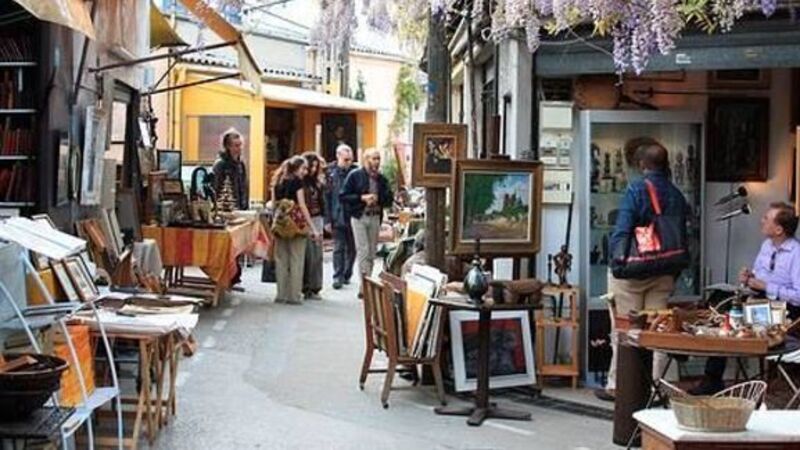AVCs or fine art? That is the question

October is the month when I and many others have to decide if we can afford a payment into our pension pot.
The technician tells me only a fool will ignore the opportunity to have the Revenue authorities hand me a cheque for a tax refund linked to an annual voluntary contribution (AVC).
















